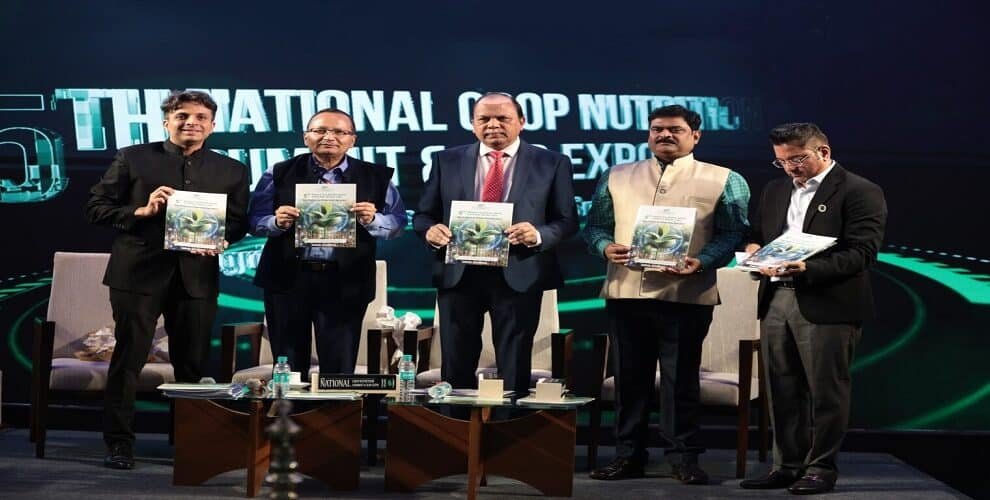The Indian Micro-Fertilizers Manufacturers Association (IMMA) has urged the government to decriminalise violations related to non-subsidised fertilizers and remove these products from the purview of the Essential Commodities Act (ECA).
At a Business-to-Government (B2G) Roundtable Conference held in New Delhi, IMMA argued that since India no longer faces fertilizer or food shortages, the ECA has outlived its original purpose. The association said the Act’s punitive provisions are now discouraging new entrants in the fertilizer industry.
Former Law Officer H.P. Singh supported the view, stating that whether a product is subsidised should not be the basis for criminal penalties. “It’s time to distinguish between minor and major violations and introduce compounding provisions,” he said.
Government officials present at the meeting responded positively and expressed willingness to consider inter-ministerial consultations to evaluate IMMA’s legal recommendations under the ECA.
Call to Update State-Notified Fertilizer Grades
IMMA President Rahul Mirchandani said subsidised fertilizers may remain under the Act due to government involvement, but non-subsidised products should be regulated by market-based policies.
He also called for an urgent update of State-notified fertilizer grades, suggesting the use of open-source soil health data to develop state-specific nutrient formulations.
Dr. A.K. Nayak, Deputy Director-General of Natural Resource Management at ICAR, emphasized the need for updated formulations for effective and sustainable soil health management. He noted that products should be added to the Fertilizer Control Order (FCO) schedule based on performance data, rather than just labeling claims.
Concerns Over Bio-Stimulant Regulations
Participants raised concerns about the implementation of new bio-stimulant regulations that came into effect on June 16. Industry representatives highlighted transitional challenges and requested immediate support to ease the shift.
Shyam Babu, Director of the Central Fertilizer Quality Control and Training Institute (CFQCTI), acknowledged the industry’s concerns. He said ongoing training of labs and chemists would help bridge the readiness gap and promised support in developing on-site testing kits.
Industry members recommended allowing the sale of bio-stimulants manufactured before June 16 until their expiry. They also proposed provisional approval of labs accredited by the National Accreditation Board for Testing and Calibration Laboratories (NABL) until state-level labs are fully prepared. Dr. Debashis Mandal, Head of Soil Science at ICAR-Pusa, said such measures would build trust among farmers and agri-retailers.
Push for Unified Licensing and Export Reforms
The roundtable strongly advocated for a “One Nation, One Licence” system. Mirchandani proposed a centralised digital platform to simplify and unify licensing processes across states, reduce paperwork, and improve transparency. Also Read | ICRA predicts that global fertilizer prices will rise as China suspends exports
Fertilizer associations present at the event backed the proposal and agreed to jointly draft a white paper to push for these reforms.
On exports, IMMA called for the removal of non-subsidised fertilizers from the restricted list. “India has the technology, quality, and cost advantage to become the world’s fertilizer hub,” said Mirchandani.
Vaibhav Kashikar, Past President of IMMA, criticised the current export permit system, calling it a barrier to the ‘Make in India’ initiative. “To achieve global competitiveness, we must enable global access to our non-subsidised products,” he said.
IMMA stated that it would consolidate all industry inputs into actionable proposals and continue engaging with relevant government departments to drive policy changes.
The roundtable brought together key stakeholders, including policymakers, scientists, industry leaders, and regulators, for structured discussions across six core themes critical to the future of India’s fertilizer sector.


















Add Comment